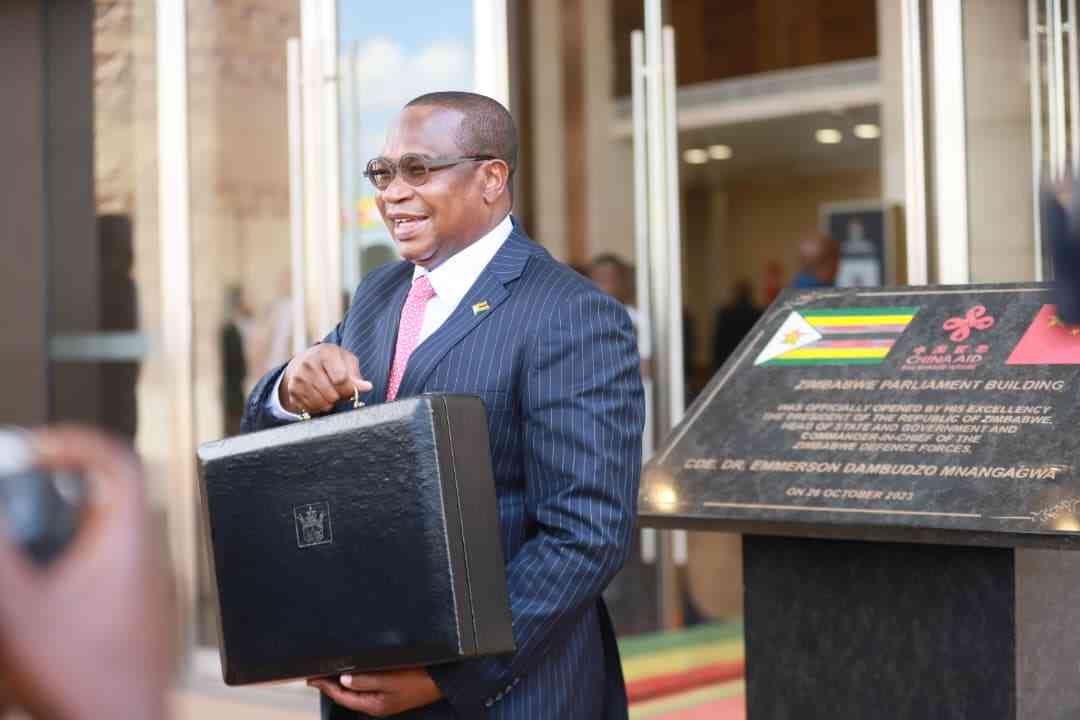
SOUTH African organic fertiliser manufacturer, Atlas Plant Nutrition is looking to partner with local farmers to promote its fortified organic fertiliser to promote regenerative soil health in Zimbabwe.
Atlas business development director Paul Benecke told Standardbusiness that their fertiliser promoted climate-smart agriculture as it was a chicken manure-based product with fewer chemical components and soil preservation components.
“Atlas Fortified Organic Fertiliser (Atlas FOF), is not just an organic or chemical fertiliser, but a fortified organic fertiliser, also known as a bio-fertiliser or enriched organic fertiliser.
“The benefits of Atlas FOF are that it feeds both the soil and the plant, but most importantly the soil,” Benecke said.
“Many people forget that if you do not feed the soil, you are not sustaining it.
“Chemical fertilisers only feed the plant, but Atlas FOF feeds the ecosystem in the soil, which is essential for healthy plant growth.
"When we talk about regenerative agriculture, Atlas FOF falls under that category.”
Benecke said there has been low uptake of the product due to its high upfront costs, which he said must be considered as a long term investment by farmers.
- An Act of Man comes to Theatre In The Park
- Embrace climate smart agric, African govts urged
- Climate smart agric changing lives in Rushinga
- Zim climate-change hotspot:WB
Keep Reading
“Farmers need to see it as an investment opportunity, not just a necessary expense,” he said.
“Although the fertiliser is expensive at first, you can never go wrong with our product.
“We want to partner with local farmers here so that we can have trials on their preferred crops.”
Benecke said the company wanted to partner local farmers to also do trials of the fertiliser to prove its capabilities with the coming of the La Nina phenomenon.
“We want each farmer to have a section of their farm where they use their normal fertilisers and the other section where they use Atlas FOF and with the La Nina, I am sure it will be the right time to do the trials,” he added.
“The fertiliser has anti-leaching components that would help crops to survive even with too much rain.”
He said the benefits of the Atlas FOF were that it fed the soil and plant simultaneously, provided biological properties and microelements that eliminate leaching, improved soil health and plant yield, and reduced pesticide usage.
The Zimbabwean government in partnership with the International Fund for Agricultural Development had poured in US$67,4 million in a project that will benefit 78 240 households in Mashonaland and Midlands Provinces to date, from 2021.
These farmers supported by the government programme will also partner with ATLAS.
The Ministry of Lands, Agriculture, Fisheries, Water, and Rural Development’s Small Holder Cluster Project coordinator Otillia Mabvongwe said the goal was to increase the equitable participation of smallholder farmers in climate-smart agricultural value chains.
Mabvongwe said this would be done with a focus on inclusive value chains that benefit youth, women, and people with disabilities.
“The project is funded to the tune of US$67,4 million and the goal of the project is to increase household incomes, also to increase the nutrition of the smallholder farmers through the sustainable transformation of the smallholder farm,” she said.
“In whatever we are doing, we need to adopt climate-smart practices for sustainability, to increase income, and also to increase nutrition and I think that is key.
“The project benefits farmers in Mashonaland West, Mashonaland East, Mashonaland Central, and Midlands provinces.”
International Maize and Wheat Improvement Centre Cropping System agronomist Blessing Mhlanga said smallholder farmers still struggled with accessing cheap farming products, which hindered food security in the country.
“Smallholder farmers tend to stick to planting maize only since they cannot access cheap inputs,” Mhlanga said.
“Sticking to only one type of crop year in and year out does not do any good to the soil leading to lower yields every year. There is a need to address these issues as they affect food security.”
He said his organisation would help farmers understand the processes of using the Atlas FOF to their benefit to improve food security.
“For us as a research organisation, we are here to help farmers understand the processes and show them the processes,” Mhlanga said.
“So, we have what we call demonstration trials, where we set up different technologies for them to learn from them.
“We do not have the money to hand out what they need but what we have is knowledge and we are going to give it to them for free to improve sustainable regenerative agriculture.”










